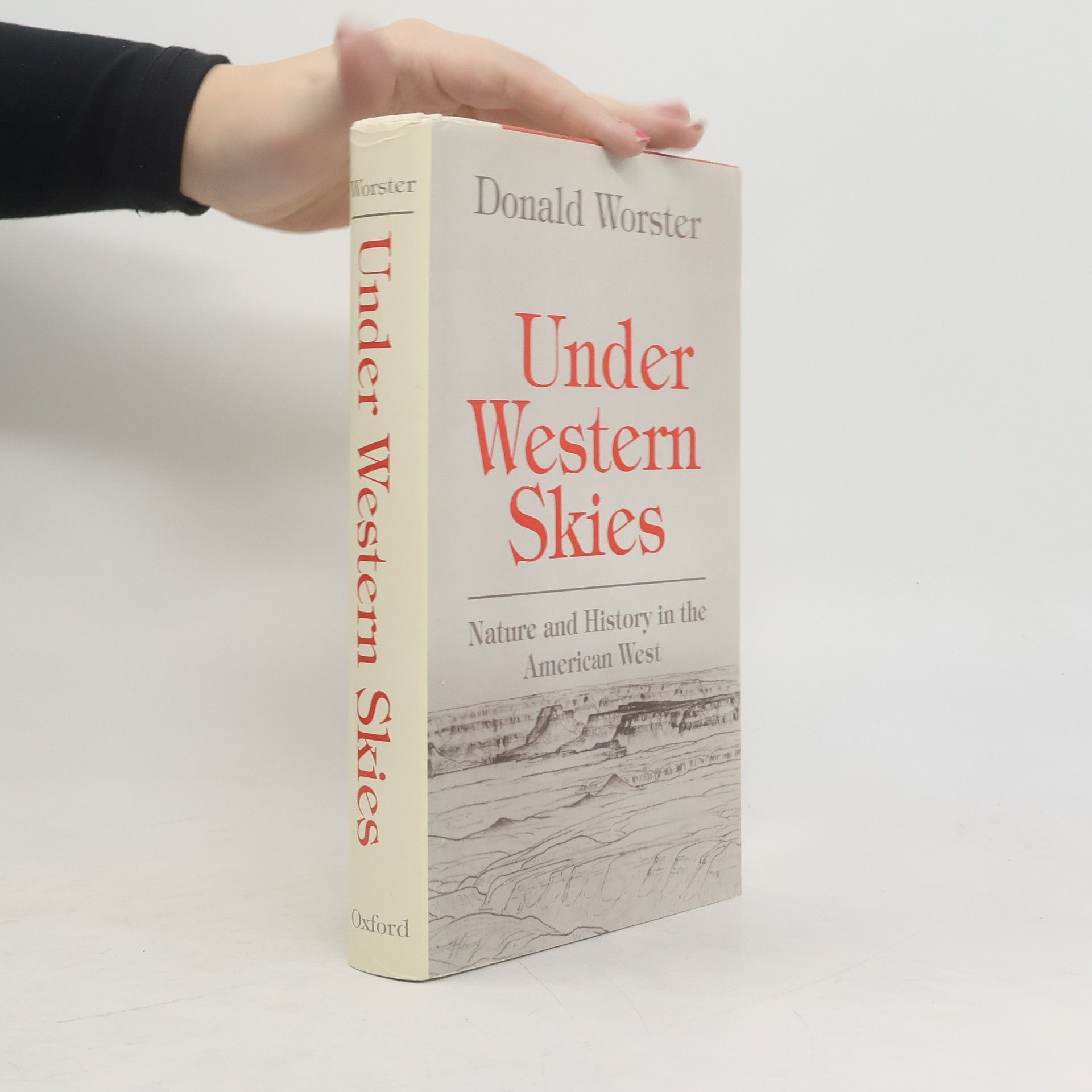For decades, the narrative of the American West has been portrayed as a tale of conquest and individualism, celebrating progress. Recently, a new school of historians has emerged, challenging this perspective through the "new western history," which emphasizes the environment, native peoples, and power dynamics. Donald Worster is a leading figure in this movement. In his work, the western past is framed as a complex relationship between humanity and nature rather than a straightforward march of Manifest Destiny. He introduces the evolving traditions of western historical writing and illustrates his approach with compelling case studies. One example is the Lakota's struggle to reclaim the Black Hills, where he explores the legal history of treaties, the significance of the land in Indian spirituality, and its mismanagement by the U.S. government. He also examines the cowboy within the context of the ecological changes brought about by livestock ranching, including environmental degradation and species extinction. Worster's view of nature is nuanced, contrasting with more simplistic portrayals. He highlights instances where nature prevails, such as the mining ghost towns of the Rockies and the Dust Bowl's displaced families, suggesting that even monumental structures like the Hoover Dam may eventually succumb to natural forces. This work offers valuable insights into the complexities of western history, emphasizing the roles of
Donald Worster Books
January 1, 1941
